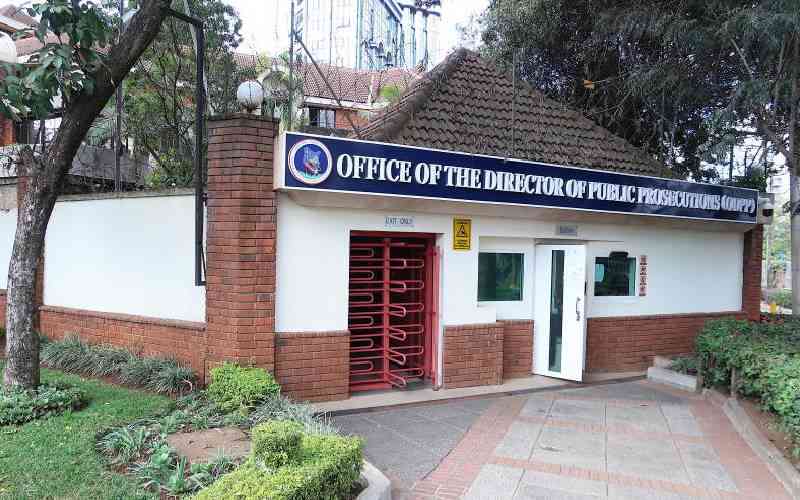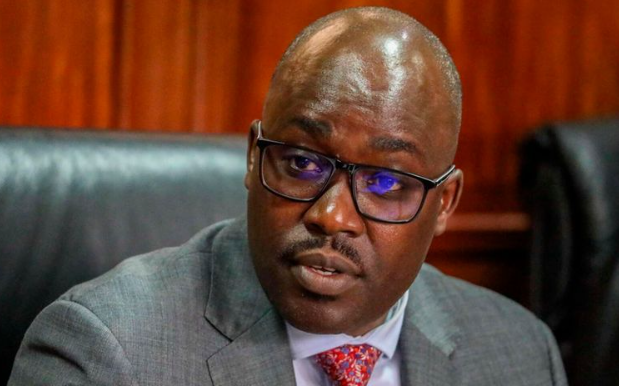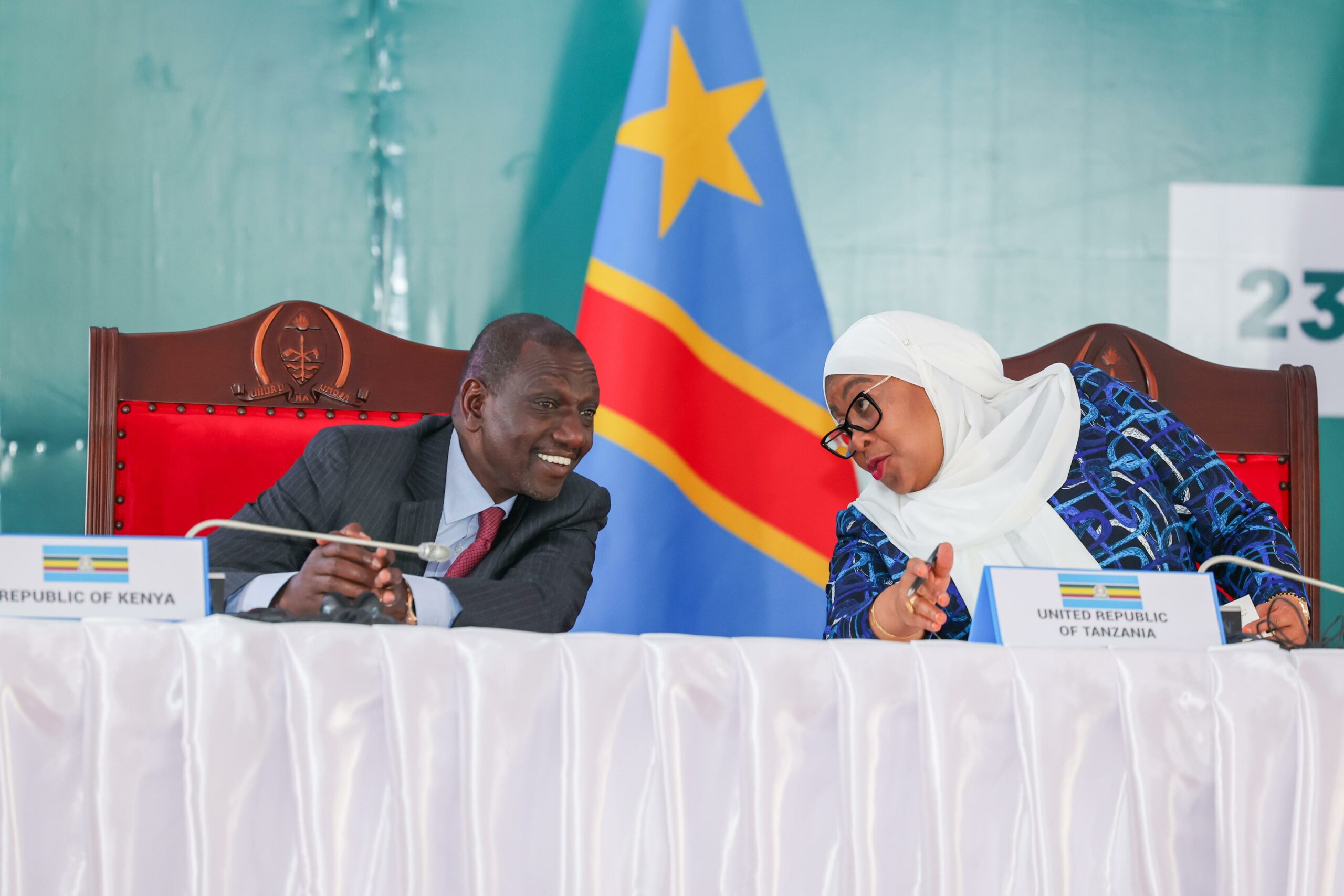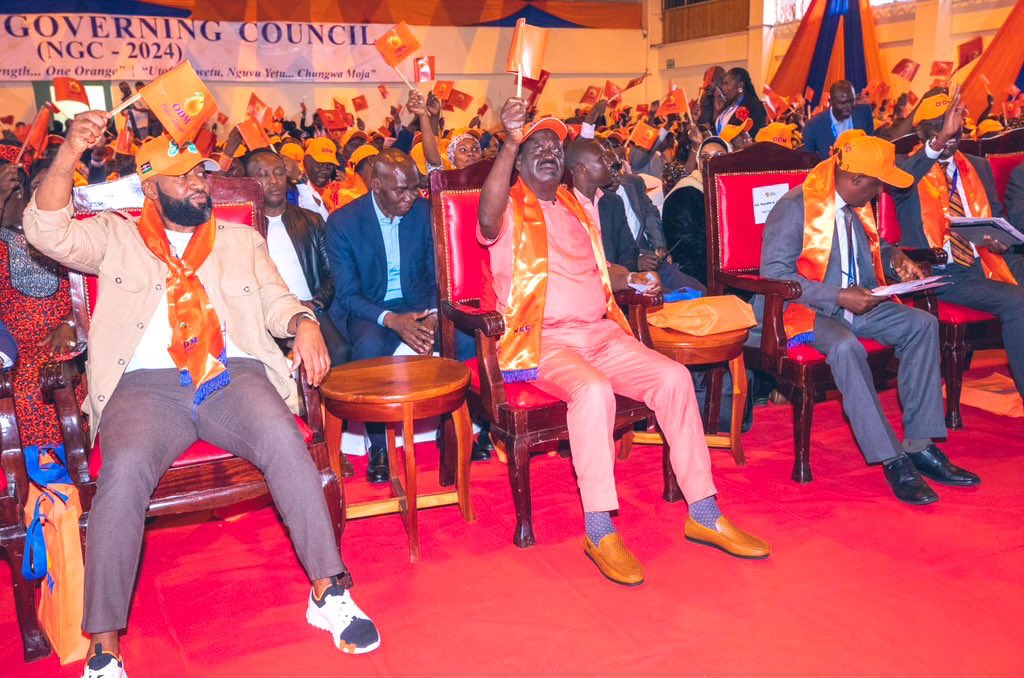It has now emerged that President Uhuru Kenyatta and ODM leader Raila Odinga have differences on the final BBI report.
Sources close to the President indicate that he is willing to enact changes to the document before going into a referendum.
President Uhuru Kenyatta is allegedly under increasing pressure from disgruntled groups to allow changes on Judiciary and IEBC.
This comes even as Raila has maintained that the document is perfect in its current form and should go to the referendum as earlier planned.
According to multiple sources, this is the main reason why the collection of one million signatures was halted last week.
Read More
The BBI task force has proposed creating a Judiciary Ombudsman appointed by the President and Kenya Police Council chaired by the Interior CS. Political parties will nominate IEBC commissioners.
However, Deputy President William Ruto and a group of clerics have opposed the proposal, stating it will lead to an imperial president's creation.
Sources indicate that during a meeting with bishops on Tuesday last week, President Kenyatta promised them that the two institutions' issues among others would be reviewed.
"We had a meeting with the President, and we presented our memorandum. He committed that our issues will be considered and that there will be consensus on the issues raised by Kenyans," said a cleric who attended the meeting.
This comes as the BBI plans to begin the signature collection on Tuesday in Nairobi.
The signature collection guideline was released on Monday when Raila met with a host of leaders from the Mt.Kenya region.
"We have agreed to create synergy with various players as we move to the next stage of Kenya Express. We will a wear a mask, keep social distance and sanitise as we go about the activities," said Raila.
The meeting was attended by former Gatanga MP Peter Kenneth and current Leader of Majority in the National Assembly Amos Kimunya.
"If taken item by item, there are gains such as the ward fund; increased resources to the devolved units; let those criticizing point out what is lacking," Kenneth said.
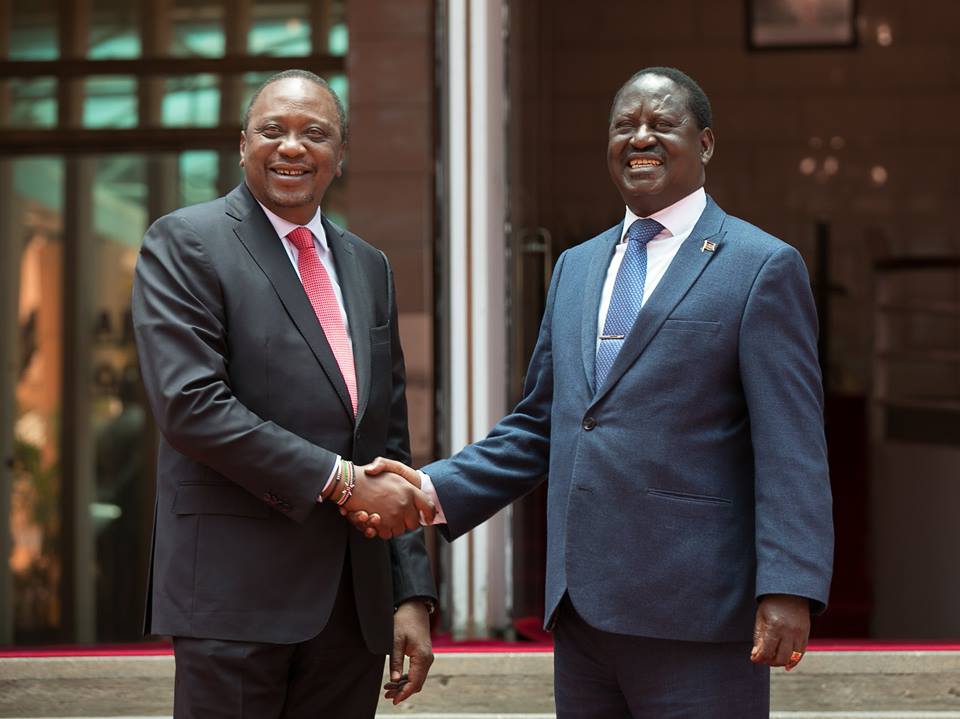
-1714135201.jpg)
